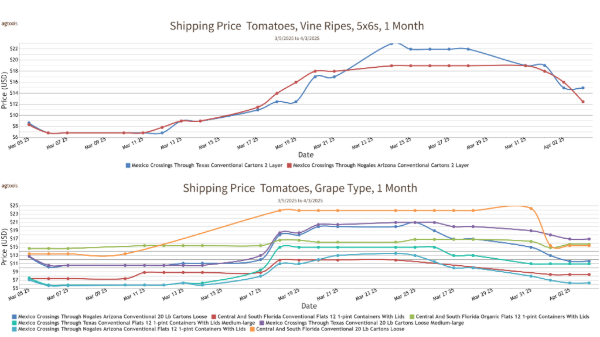Welcome to Blue Book!
Are you ready to join the thousands of companies who rely on Blue Book to drive smarter decisions? View our plans and get started today!
Still have questions? We’d love to show you what Blue Book can do for you. Drop us a line– we’ve been waiting for you.
The Problem: Shortage despite intact seals.
The Key Point: A carrier’s responsibilities go beyond protecting and transporting cargo.
The Solution: Carriers must verify the bill of lading is accurate with respect to count.
QUESTION
We are a truck broker with coverage in the United States and Canada. We are facing a claim for missing product that we’d like to run by you. Our driver took a load from shipping point in North Carolina to Montreal. The load was sealed by the shipper and arrived in Montreal with the seal intact—so logically, it seems clear that either the shipper failed to load all the cartons shown on the bill of lading, or the receiver somehow misplaced product during the unloading process. Doesn’t the seal demonstrate that the carrier delivered all the product placed on board?
ANSWER
We can understand why you would feel this way. But for argument’s sake, let’s say the intact seal was conclusive proof that the carrier delivered all the product placed on board (i.e., there was no loss in transit). Who then would take responsibility for the missing cartons?
Should the buyer be permitted to note the shortfall on the delivery receipt and then pay the shipper only for the cartons signed for? And if so, how would the shipper’s interests be protected? What incentive would the driver have to challenge the receiver’s count at destination, if there was no recourse available against the carrier?
If shippers were responsible for shortages in this scenario, they would seem to be at the mercy of an unscrupulous buyer.
Similarly, if buyers were responsible for paying for all the product described on the bill of lading, without recourse against the carrier, what incentive would the carrier have to ensure all the product described on the bill of lading was actually loaded in the trailer?
The point in all this is that regardless of whether it is reasonable to believe the goods went missing in transit, the carrier acts as a fundamental bridge in interstate commerce between buyer and seller.
By signing the bill of lading as ‘clean’ at shipping point, the carrier verifies that the goods, as described in the bill of lading, have been placed in the carrier’s possession, and the shipper fundamentally relies on this documentation.
In other words, a carrier’s responsibilities go beyond protecting and transporting cargo. Carriers are also responsible for verifying that the bill of lading is accurate with respect to count. Because the bill of lading was signed “clean” in this instance, we would look to you and your carrier to take responsibility for the shortage documented at destination.
Now, if your driver was not permitted to verify the count shown on the bill of lading, then the bill should have been signed “shipper’s load and count” or words to this effect, to make it clear the shipper has chosen not to rely on the carrier’s verification as to count. Without a clean bill of lading to use against the carrier, the claimant would need to make its case based on the underlying facts. And here the fact that the seals arrived intact would certainly be favorable to the carrier, though perhaps not a slam dunk because there have been documented cases where thieves have removed and reattached trailer doors while leaving the seal intact.








